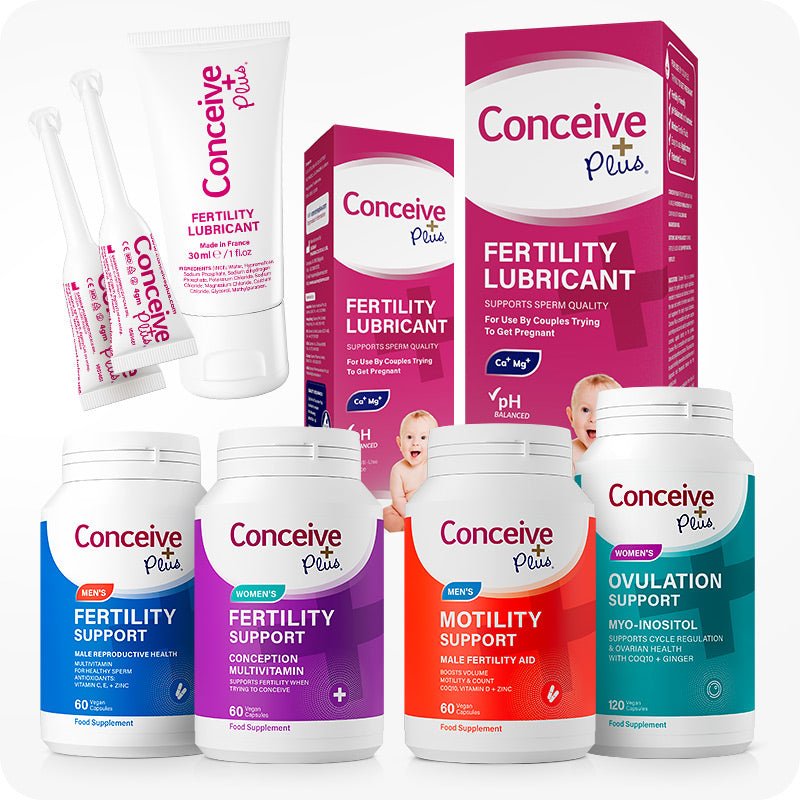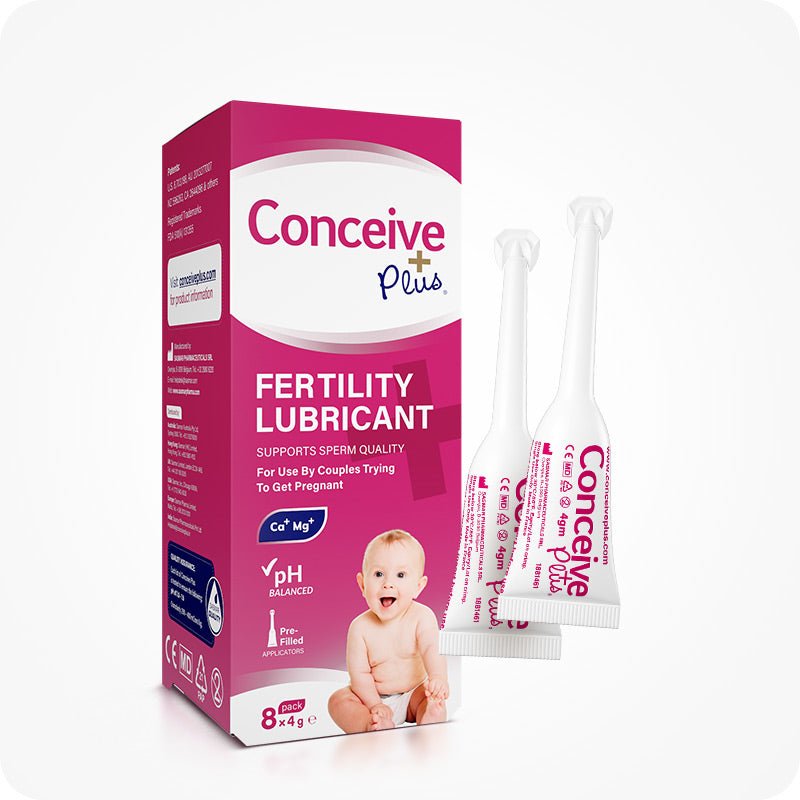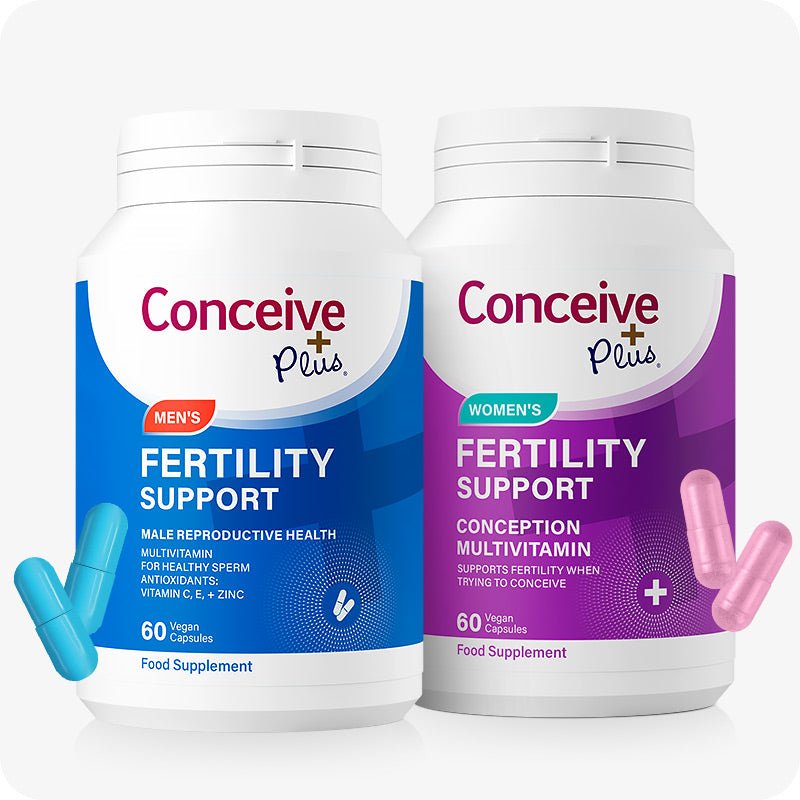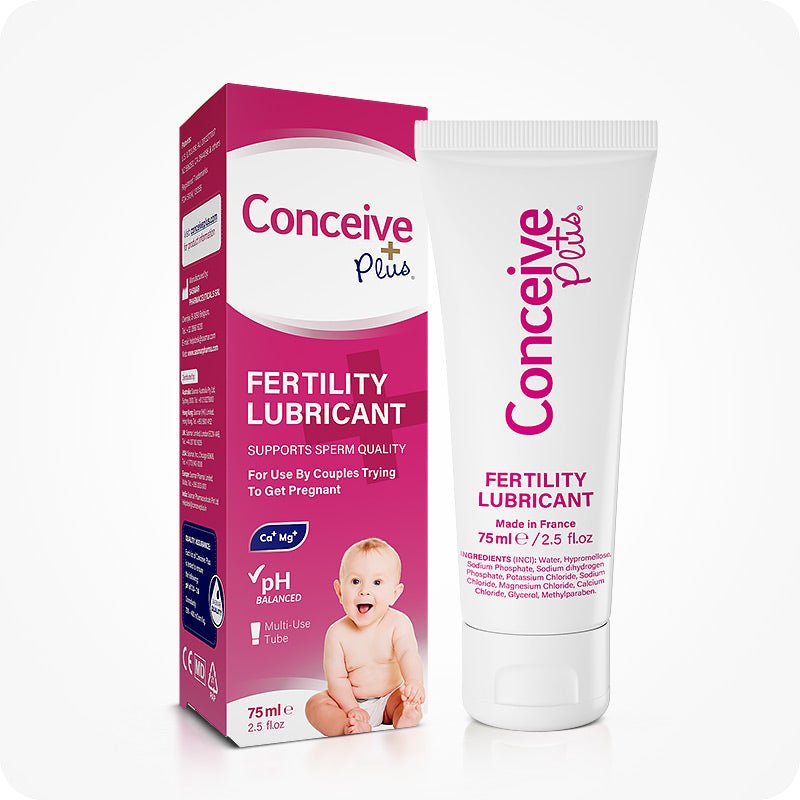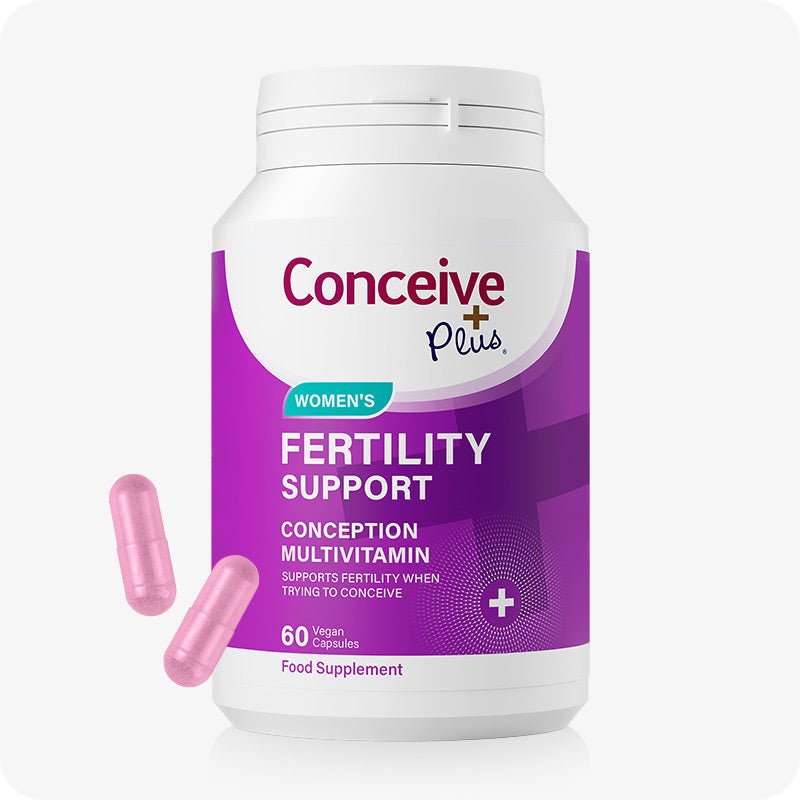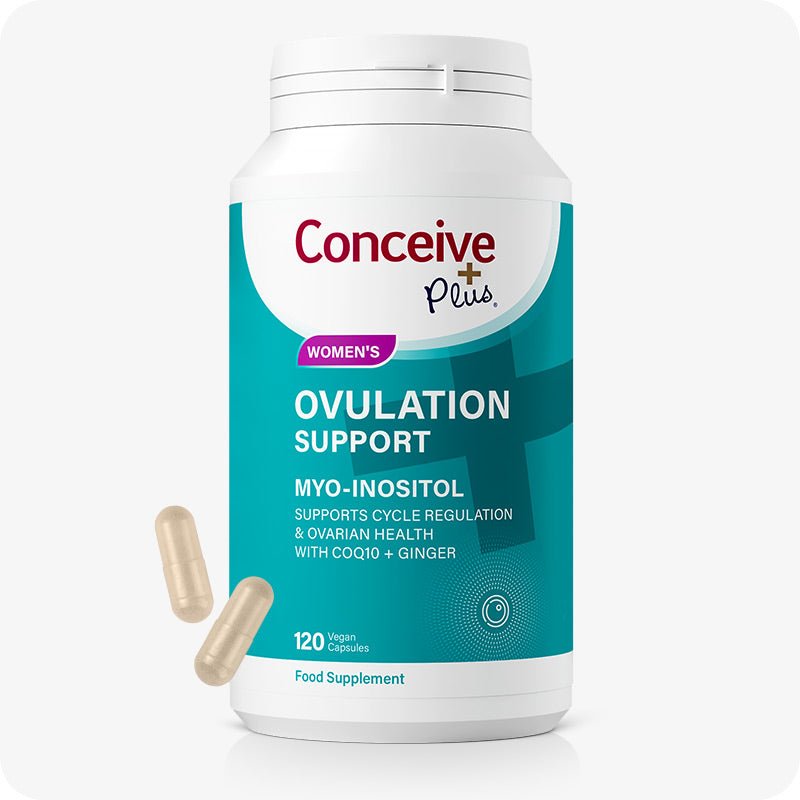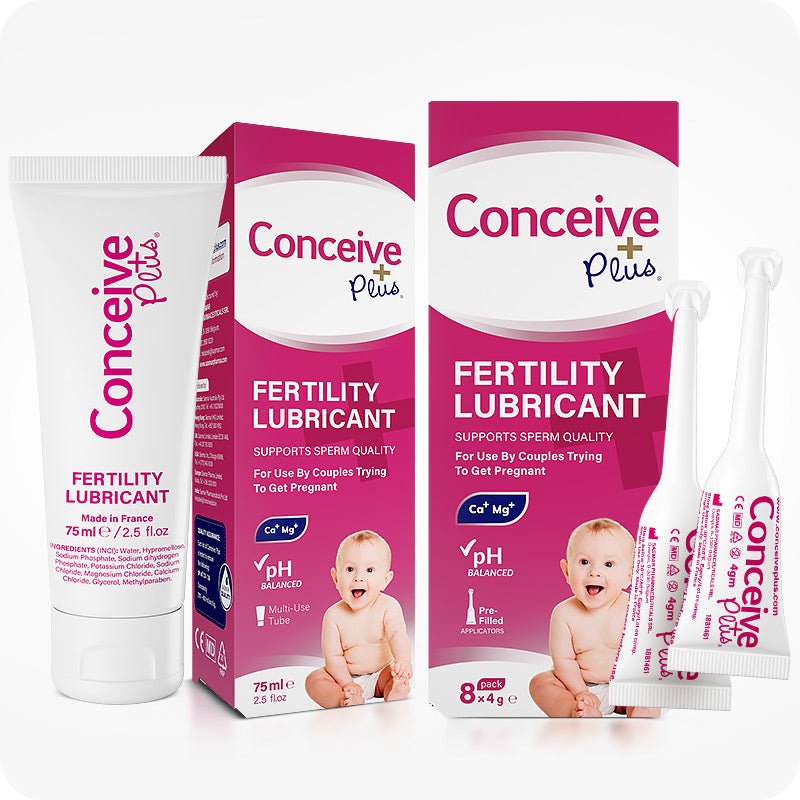One Day Past Ovulation: Are You Already Pregnant?
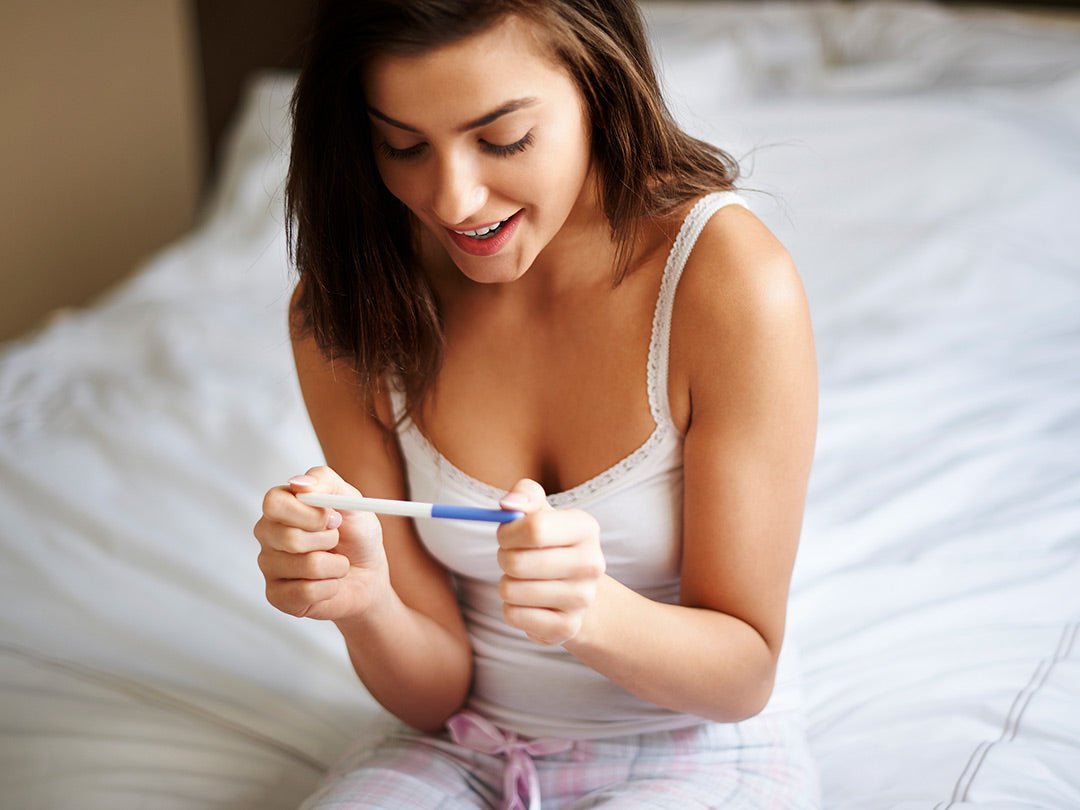
If you’re new to the baby-making journey, you might wonder if it’s possible to be pregnant just one day past ovulation. Although it’s a valid question, and you may be experiencing some body changes due to ovulation, understanding what occurs after ovulation can help you to feel more relaxed and informed about conceiving and the early stages of pregnancy.
This article outlines what happens in the 12 days past ovulation (DPO), what changes your body will experience, how long after ovulation is implantation, and when you are officially pregnant.
That said, it’s also important to remember that all pregnancies can differ and symptoms can vary for each woman.
What Does DPO Refer to In Pregnancy and Why is It Tracked?
DPO stands for ‘days past ovulation’ [1] and it is tracked to help women identify the best time to take a pregnancy test and to help them recognise early pregnancy symptoms. For example, if ovulation occurs on a Friday, then Saturday is considered 1 DPO.
What Happens Days 1-6 Past Ovulation (1-6 DPO)?
Along with DPO, another common acronym associated with conception and pregnancy is TWW, which refers to the two-week wait after ovulation.
The day that ovulation occurs is when an egg is released by one of the ovaries and moves through the fallopian tube to be fertilised by sperm. Once released, a mature egg will stay alive for 12-24 hours before it dies. Sperm, however, can live in the female body for up to 5 days, so understanding when ovulation occurs each month can give couples the leeway of a day or two on either side of ovulation to have sex and maximise the chances of pregnancy.
When an egg is successfully fertilized [2], it becomes an embryo and in the following 5-6 days the embryo develops into a blastocyst. During this time, progesterone levels increase to support the developing embryo, but because implantation has not yet occurred, pregnancy has not yet officially begun.
Symptoms You Can Expect 1-6 DPO
Due to the increase in production of progesterone to support the developing embryo, symptoms experienced during the first 6 days after ovulation often resemble symptoms of PMS. These can include:
· Breast tenderness or breast pain
· Abdominal cramps
· Lower back pain
· Headaches
· Mood Swings
· Tiredness or fatigue
What Happens Days 7-11 Past ovulation (7-11 DPO)?
Between days 6-8, progesterone production typically climaxes in preparation for the implantation of the embryo into the uterine lining (endometrium). After ovulation how long for implantation to occur can vary, but typically happens between 7-12 DPO [3].
When implantation occurs, progesterone levels remain elevated to maintain and support foetal development. If implantation does not happen, progesterone levels fall and the uterine lining will be shed during menstruation.
After ovulation, how long for implantation depends on individual factors, but typically it occurs between 6 and 12 days.
Days 7-11 Past Ovulation (7-11 DPO): Common Symptoms
When implantation occurs, the embryo typically damages some of the blood vessels in the uterine lining. Although this is perfectly natural, it can result in some light bleeding or spotting for approximately 25% of women.
This type of light bleeding can show up as a light pink or rusty colour in underwear or when wiping after using the bathroom. For most, implantation spotting subsides after a few hours, while for others it can last for one to two days. Both are perfectly normal.
That said, some women can experience a very early miscarriage around the time of implantation and irregular spotting can also indicate the presence of an underlying condition. For these reasons, fertility specialists advise not to take spotting around this time as an early sign of pregnancy. To confirm pregnancy, it’s always wise to wait until the TWW has ended.
Other symptoms associated with Days 7-11 DPO include:
· Light cramping (usually less sore than PMS cramping)
· Lower back pain
· Pulling or tingling sensations in the abdomen
· Breast tenderness
· Mood swings
· Headaches
· Nausea
What Happens Days 12-14 Past Ovulation (12-14 DPO)?
As soon as implantation happens, the female body starts to produce Human Chorionic Gonadotropin (hCG). Although this is the hormone that pregnancy tests detect, it can take a few more days after implantation for the body to produce adequate amounts for detection.
If implantation has not occurred, women can start to experience PMS symptoms between days 12 to 14, and these can often present similarly to early pregnancy symptoms. Women with regular menstrual cycles who are aware of their usual PMS symptoms can sometimes tell that something is different when early pregnancy symptoms arise, but it can be confusing for those with irregular cycles.
Typically, days 12-14 DPO is a good time to take a pregnancy test.
Symptoms to Expect Days 12-14 past Ovulation (12-14 DPO)
A few days after implantation, HCG levels may be high enough to cause early pregnancy symptoms. However, this is also the phase of the menstrual cycle when a person is most likely to experience symptoms that mean they are about to get their period.
Individuals who are aware of how their body behaves each month might be better able to identify whether their symptoms are due to pregnancy or regular menstruation.
According to the NHS, common symptoms of early pregnancy include:
· Colour darkening of the nipples
· Tiredness or fatigue
· Increased hunger
· Food cravings
· More Frequent urge to pee
· Cramping
· Diarrhea
Common Early Pregnancy Symptoms
As early pregnancy advances, hCG levels continue to rise and symptoms typically become more pronounced for most women. That said, it’s also normal for women to experience symptoms that are so mild they barely recognise the difference. Just like every woman experiences PMS in varying levels of intensity, the same can be said of pregnancy symptoms.
Below is a list of some of the most common signs of early pregnancy [4] in the days and weeks following 12-14 DPO.
· Rise in basal body temperature
· Light spotting
· Tender breasts
· Swollen breasts
· Nausea
· Vomiting/Morning sickness (can occur at any time of the day)
· Bloating
· Mood swings
· Dehydration or dizziness (due to vomiting)
· Headaches (due to dehydration)
· Changes in sense of smell
· Food cravings or food aversions
· Blood pressure changes
· Heart rate changes
· More frequent need to pee
· Heightened sense of smell
· Dislike of certain foods and smells
· Fatigue or exhaustion
The Bottom Line
When you’re new to the business of baby making, or not exactly sure why you’re not getting pregnant, it can help to understand when ovulation occurs and what happens to the body in the days past ovulation (DPO). Each day past ovulation brings subtle hormonal and physical changes that can offer clues about potential implantation or early pregnancy.
Knowing when your body ovulates can help you track the DPO and comprehend what symptoms you can expect to experience after ovulation if the egg is fertilised. Being able to recognise the signs of implantation can help you stay relaxed during the TWW, and do a pregnancy test at the ideal time to find out if you’ve conceived.
References
- Parents - How Many Days Past Ovulation Should You Take A Pregnancy Test - https://www.parents.com/reasons-not-to-take-a-pregnancy-test-early-1959886
- Medical News Today - What to Expect 5 Days Past Ovulation - https://www.medicalnewstoday.com/articles/322696
- Early Pregnancy Symptoms by Days Past Ovulation (DPO) https://www.medicalnewstoday.com/articles/322723#symptoms-by-dpo
- NHS – Signs and Symptoms of Pregnancy - https://www.nhs.uk/pregnancy/trying-for-a-baby/signs-and-symptoms-of-pregnancy/





